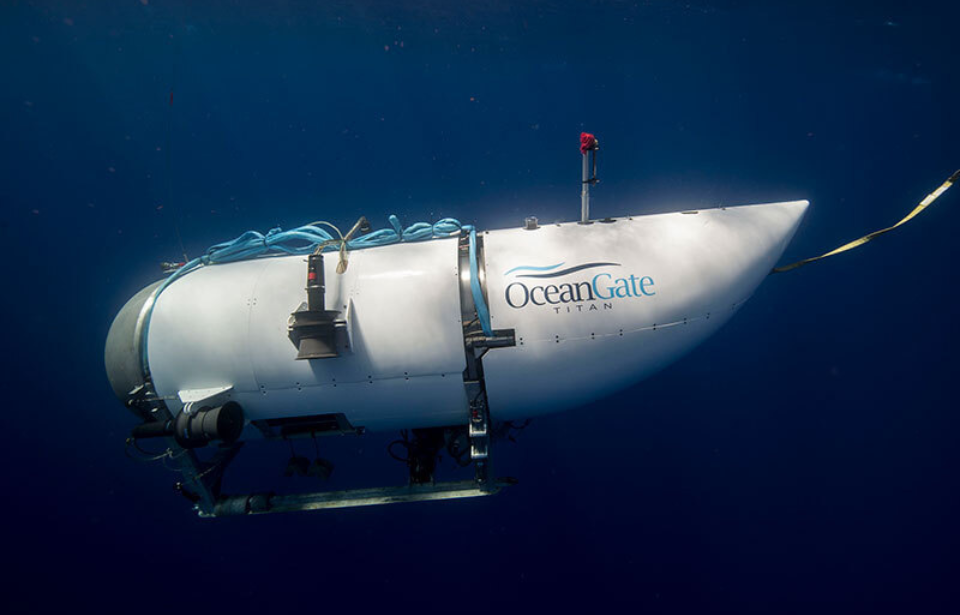The RMS Titanic sank on April 15, 1912. The luxury passenger liner’s loss has captivated people’s imaginations for well over a century, stemming from the popular idea that the ship was supposed to be unsinkable. The wreck site was discovered by a Franco-American expedition on September 1, 1985, and has since been visited by researchers, explorers, and filmmakers, including James Cameron.
On June 18, 2023, the OceanGate submersible went missing while on an expedition to the wreck. Titan had five people onboard: Hamish Harding, Paul-Henri Nargeolet, Shahzada and Suleman Dawood, and Stockton Rush. Almost immediately, a search and rescue mission was launched. On June 28, the US Coast Guard announced that “presumed human remains” had been recovered as pieces of the mangled sub were seen being unloaded ashore.
OceanGate submersible Titan
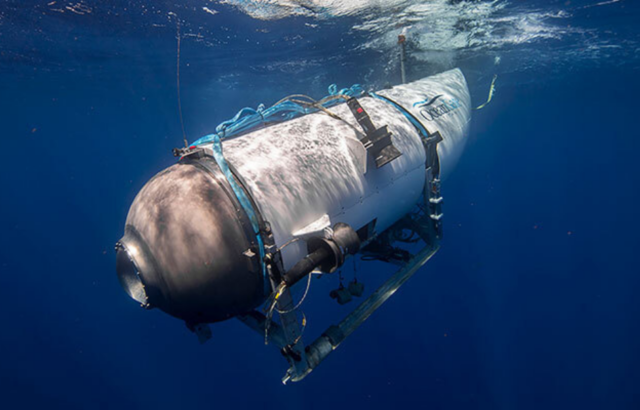
Titan is a Cyclops-class manned submersible developed by OceanGate and the Applied Physics Lab at the University of Washington. A relatively small submersible made of carbon fiber and titanium, it could carry five people: a pilot and four crewmen or passengers.
Onboard, Titan carries various cameras and scanners, including a Sub C Imaging 4k Rayfin camera, three Acis cameras, Teledyne 2D sonar and a 2G Robotics laser scanner. The submersible also has a life support system with enough oxygen for 96 hours and a real-time health monitoring system.
Titan ultimately seemed to have a lot of elements that weren’t purpose-built. Speaking with CBS, reporter David Pogue described the vessel as such, “It seems like this submersible has some elements of MacGyvery jerry-rigged-ness.” These elements included construction pipes used for ballast and a modified $30 Logitech F710 game controller for steering.
OceanGate’s Titanic expeditions
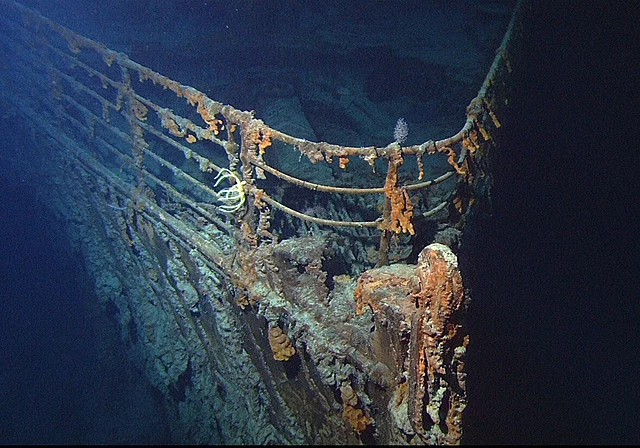
OceanGate Inc. is an American company out of Everett, Washington. It was founded in 2009 by Stockton Rush, who was aboard the ill-fated 2023 expedition, and Guillermo Söhnlein, and provides small submersibles for research missions, exploration and tourism.
Following a 2016 tourist expedition to the wreck of the SS Andrea Doria, Rush said, “There’s only one wreck that everyone knows… if you ask people to name something underwater, it’s going to be sharks, whales, Titanic.” Two Russian Mir-class submersibles had taken tourists down to the wreck before, so it was nothing new when OceanGate announced its first trip in 2018.
The expeditions were delayed until 2021. The first occurred that July, with a second following the next month. Between 2021-22, OceanGate performed six trips to Titanic’s wreck. Tickets were priced at $105,129 in 2018 – the amount Titanic passengers would have paid for the Vanderbilt Suite, adjusted for inflation. They were repriced twice, with the cost in 2022 being $250,000.
Safety concerns
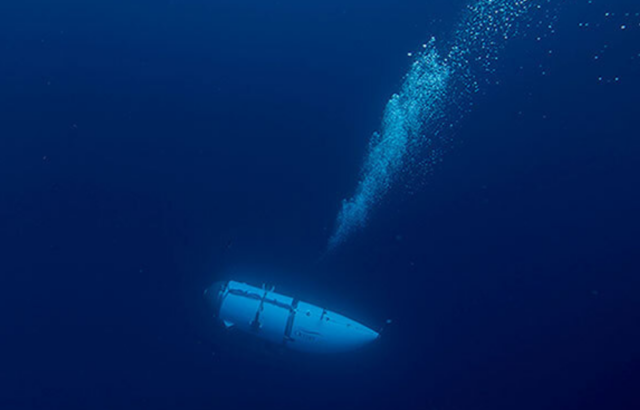
OceanGate’s Titan operated in international waters and wasn’t subject to any specific safety regulations. This means it wasn’t certified by any agency or organization as being seaworthy… Or safe.
Before going on an expedition, each crew member had to sign a waiver that described Titan as an experimental vehicle, which “has not been approved or certified by any regulatory body, and could result in physical injury, disability, emotional trauma, or death.”
Safety seems to have always been an issue with OceanGate. In a 2022 interview with CBS News, Rush said, “At some point, safety just is pure waste. I mean, if you just want to be safe, don’t get out of bed. Don’t get in your car. Don’t do anything.” Four years prior, David Lochridge, the director of marine operations for OceanGate, wrote a report of his safety concerns regarding Titan.
According to Lochridge, tests weren’t completed to check the structural integrity of Titan. Also, the porthole/viewport at the nose was certified to reach a depth of 4,300 feet – only a third of the distance between the water’s surface and Titanic‘s location on the sea floor.
In 2018, the Marine Technology Society wrote a letter to Rush expressing their “unanimous concern regarding the development of Titan and the planned Titanic Expedition,” suggesting the “current experimental approach… could result in negative outcomes, from minor to catastrophic, that would have serious consequences.”
Unfortunately, on the most recent expedition, the worst happened.
2023 Titan submersible tragedy
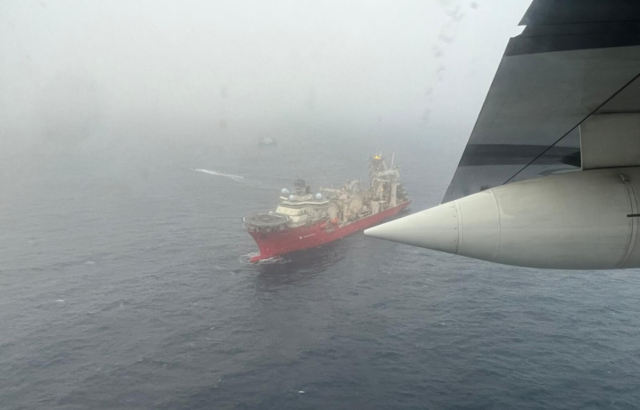
On June 16, 2023, the Titanic expedition left St. John’s, Newfoundland aboard the icebreaker and research ship MV Polar Prince. Arriving at the location the following day, Titan began what would be its final expedition on June 18.
During the first hour and a half of the expedition, Titan contacted Polar Prince every 15 minutes. This communication stopped at 11:15 AM. Titan was scheduled to surface at 4:30 PM. However, the submersible never did. At 7:10 PM, the US Coast Guard was notified that the submersible was missing.
Onboard were the five aforementioned individuals: Stockton Rush, who was piloting Titan; Shahzada Dawood, a Pakistani-British billionaire businessman, and his son, Suleman; Hamish Harding, a British billionaire, businessman, aviator and space tourist; and Paul-Henri Hargeolet, a former French Navy commander and the director of underwater research for E/M Group and RMS Titanic, Inc.
Both Canadian and American authorities conducted search and rescue operations. Ships and aircraft operated by the Canadian Coast Guard, the Royal Canadian Air Force, the Royal Canadian Navy, the US Navy, the US Coast Guard and the US Air National Guard, as well as commercial ships, looked for Titan.
Searches between June 17-21 yielded no results. However, on the 22nd, debris was discovered, with it reported that “five different major pieces” were found and identified as being from Titan. An official said the discovery “was the first indication that there was a catastrophic event.”
It was reported the debris found was “consistent with [an] implosion in the water column.” Given this, it was concluded that Titan had been destroyed and all onboard perished.
‘Suspected human remains’ located
On June 28, officials announced that debris from the doomed submarine has been brought back to land. Photos and video showed crews unloading large fragments of the Titan submersible.
According to a statement by the US Coast Guard, “presumed human remains” were retrieved from the submarine’s wreckage. These will undergo analysis by medical professionals. Evidence recovered from the seabed will likewise be thoroughly analyzed and tested.
“The evidence will provide investigators from several international jurisdictions with critical insights into the cause of this tragedy,” said Coast Guard Capt. Jason Neubauer. “There is still a substantial amount of work to be done to understand the factors that led to the catastrophic loss of the TITAN and help ensure a similar tragedy does not occur again.”
More from us: Robert Downey Jr. Gives Rare Insight Into His Time in Prison
The debris was recovered by US-based company Pelagic Research Services, which explained in a Facebook message that its crew on the Horizon Arctic has been “working around the clock now for ten days” through “physical and mental challenges.”
